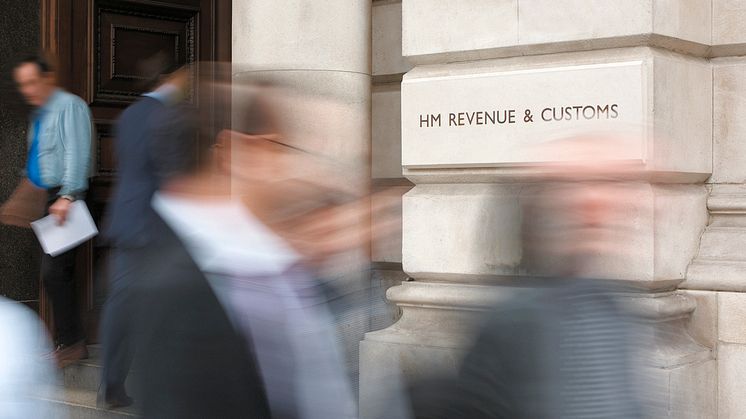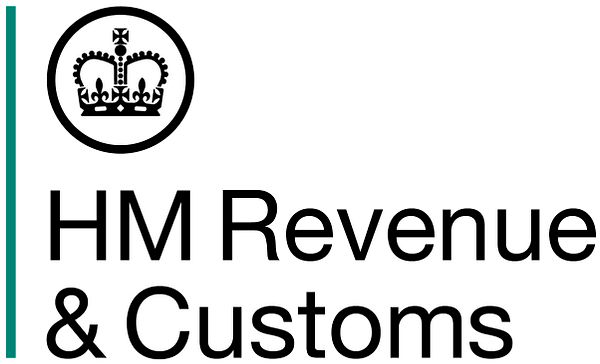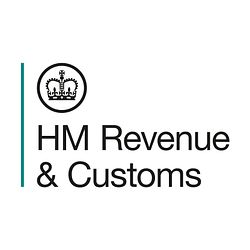
Press release -
Last chance for offshore tax evaders to declare all
A new online disclosure facility has launched today giving offshore evaders a last chance to come forward and settle tax on their wealth hidden offshore ahead of new data sharing arrangements and tougher penalties being introduced.
The Worldwide Disclosure Facility (WDF) is the final chance for those few still dragging their feet to put things right with any outstanding tax on undeclared offshore money or assets.
The WDF offers no special terms: those who come forward will pay the tax in full, with interest on top, with a minimum penalty of 30% of the tax due for evaders, and they could still face criminal prosecution. The quality of the information disclosed will be taken into consideration and it is always advisable to come forward and ensure any outstanding tax liabilities are in order as soon as possible.
The Government has made clear it is committed to getting tougher on tackling all forms of tax evasion. The changes outlined here and the principles behind them apply to both onshore and offshore issues ensuring a strengthening of our penalties for all tax evasion.
From today HM Revenue and Customs (HMRC) will also consider how long it has taken for someone to put their tax affairs in order when calculating penalties. This means that those who have delayed disclosing or ignored past opportunities will no longer get a reduction for disclosure.
This last chance comes before HMRC starts to receive an unprecedented amount of data on offshore accounts closing the net further on tax evaders, who are to be hit by tougher sanctions. This will be added to the offshore data HMRC receives year-on-year that is used to help settle hundreds of criminal investigations.
Jennie Granger, HMRC, Director General of Enforcement and Compliance, said:
“HMRC is getting even tougher on tax evasion. We relentlessly pursue tax evaders to ensure they pay every penny of the taxes and fines they owe, pushing for the toughest possible sanctions where appropriate.
“We’ve closed old disclosure facilities, increased penalties, and ramped-up our powers to tackle evaders and those that help others evade. Alongside this, international cooperation through global tax transparency is making it easier for us to catch evaders, as we increasingly receive more information about financial assets which people had hoped would remain hidden. Our message couldn’t be clearer: there are no safe havens left for tax evaders and no-one should be in any doubt that the days of hiding money offshore with impunity are gone.”
Further guidance and detail on the changes to disclosure and the WDF have been published today. Those who do not come forward will face the new Requirement To Correct (RTC) penalties being consulted on; one option being considered is a minimum 100% penalty - significantly higher than the current minimums.
These latest actions build on the wide range of measures introduced by the Government to toughen sanctions for all those involved in offshore tax evasion. This includes a new criminal offence for tax evasion, increased civil sanctions for offshore tax evaders, and civil sanctions for those who enable offshore evasion.
In 2014-2015 HMRC secured £26.6 billion by tackling tax evasion and avoidance, and since 2010, has raised over £2.4 billion from offshore evasion initiatives, including more than 10,000 disclosures.
Notes to Editors
1. More than 90 individuals currently under criminal investigation by HMRC for offshore offences with a total fraud value in excess of £748 million, with 13 offshore specific prosecutions secured since 2009.
2. These include 44 individuals acting as professional enablers such as scheme architects and promoters, chartered accountants, Independent Financial Advisors, solicitors and chartered surveyors.
3. Worldwide Disclosure Facility (WDF), announced in Budget 2015, is the key digital route for taxpayers to make the required correction for their offshore tax interests. Guidance can be found at https://www.gov.uk/guidance/worldwide-disclosure-facility-make-a-disclosure
4. HMRC has started to receive information on financial investments held offshore automatically under the Common Reporting Standards (CRS). By September 2018, more than 100 jurisdictions will be sharing this information with the UK under CRS, which comes into force in 2017 and is fully adopted by October 2018. The CRS provides HMRC with taxpayer information from tax authorities around the world, enabling it to better target tax evaders.
5. HMRC’s statutory penalty range is set out here.
6. From 5 September our toughening penalty approach means where someone has come forward with a delayed disclosure, or could have come forward in one of HMRC's previous disclosure facilities, HMRC would not reduce the penalty any further than 10% above the minimum of the statutory range.
7. Tax evaders will face tough new sanctions under details outlined in a ‘Requirement to Correct’ consultation document published by HMRC on 24 August 2016. It will require taxpayers with outstanding tax liabilities from offshore investments and accounts to come forward to pay the tax that they owe. Those who do not come forward by 30 September 2018 will face a new set of tougher sanctions. These include penalties linked to the underlying assets and potential criminal charges.
8. HMRC's international agreements have resulted in more than 10,000 disclosures helping to generate over £2.4bn since 2010.
9. The new online WDF forms part of our new Digital Disclosure Service (DDS), also launched today. People can come forward and use DDS to disclose any past irregularities with their tax affairs to pay any tax owed. It provides a simple digital solution for customers with web chat support.
10. Those who do not come forward will face the new RTC penalties being consulted on; one option being considered is a minimum 100% penalty - significantly higher than the current minimums.
11. These latest actions build on the wide range of measures introduced by the government to toughen sanctions for all those involved in offshore tax evasion. This includes a new criminal offence for tax evasion, increased civil sanctions for offshore tax evaders, and civil sanctions for those who enable offshore evasion.
12. Further guidance and detail on these changes, including clarification on the interpretation of behaviours for cases involving complex offshore matters, and the WDF have been published today. The detailed guidance changes can be found in the Compliance Handbook and Enquiry Manual. The updated sections are listed here: CH62220, CH63220, CH63240, CH63260, CH63280, CH63320, CH63340, CH72160, CH72540, CH73100, CH73220, CH73240, CH73260, CH73300, CH73320, CH81150, CH82120, CH82410, CH82421, CH82422, CH82430, CH82431, CH82432, CH82444, CH82449, CH82450, CH95000, CH95050, CH184300, CH184400, EM6070, EM6071, EM6080.
13. HMRC’s Flickr channel: www.flickr.com/hmrcgovuk
Topics
Categories
Issued by HM Revenue & Customs Press Office
HM Revenue & Customs (HMRC) is the UK’s tax authority.
HMRC is responsible for making sure that the money is available to fund the UK’s public services and for helping families and individuals with targeted financial support.

